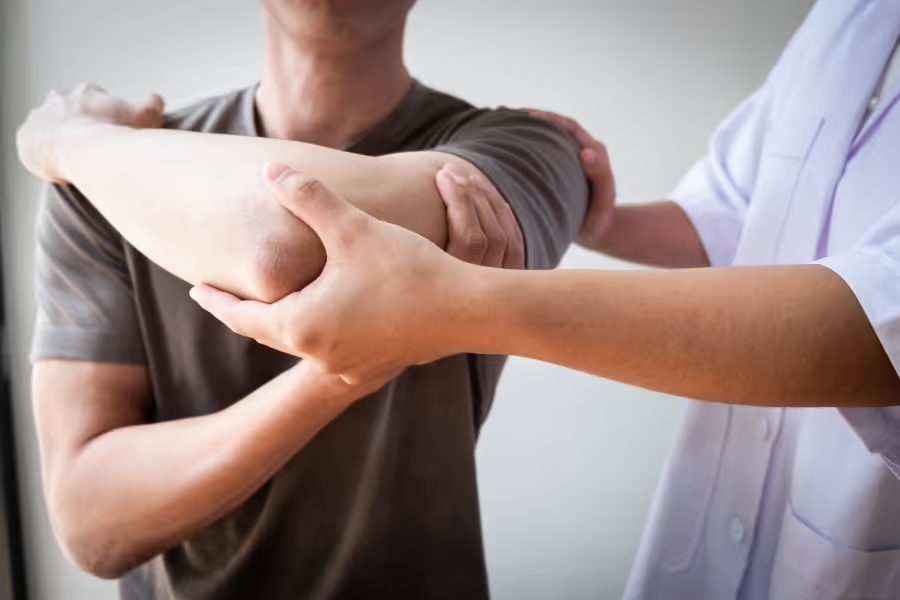
Informational purposes only, not medical or legal advice. Please consult your doctor or surgeon.
Rotator cuff surgery fixes torn tendons that help lift and rotate your shoulder.
Think of the rotator cuff like a set of ropes holding a ball (arm bone) in a cup (shoulder socket). If a rope tears, the shoulder hurts and feels weak. Surgery re-attaches the rope to the bone.
Consults and surgery dates are typically scheduled in weeks—not months—which means faster relief and return to work, sport, and caregiving duties.
Ability to choose a surgeon based on what's important to you (i.e. specific expertise, experience, qualifications, personal connection).
Private pathways typically provide a clear quote and surgery date/timeline, so you can arrange time off, caregiver help, and rehab. This certainty can ease anxiety and help families plan for recovery.
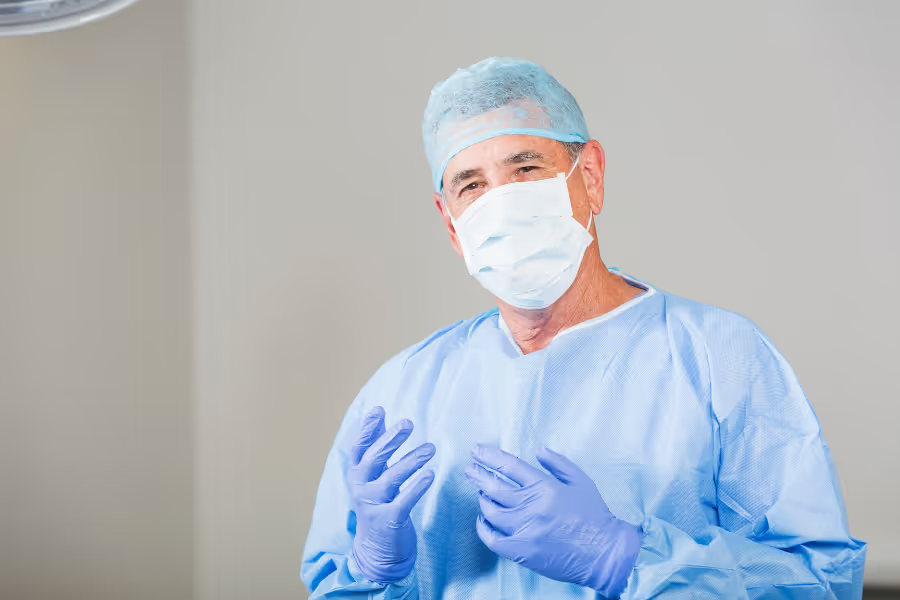
Rotator cuff surgery usually takes 1 to 2 hours.

The recovery process varies patient to patient. Your recovery might look quite different, so please seek further guidance from your surgeon. In general here is what you can expect:
Week 1:
Weeks 2-4:
Weeks 5-12:
Weeks 13-52:
Rotator cuff surgery is a major surgery with significant costs. Private clinics in Canada typically charge $5,000 to $16,000. In the United States, the average cost for rotator cuff surgery is CA$8,300.
Costs vary so much because of location, surgeon experience, facility type, complexity of the tear, and included services (some clinics offer all-inclusive, while others charge separately for anesthesia, followup care, etc.).
Most quotes for private rotator cuff surgery cover:
What’s usually not included:
Choosing your surgeon is one of the benefits of going the private route. Here’s what to consider and the key questions to bring to your rotator cuff consultation.
Rotator cuff surgery may be advisable if your shoulder has a complete tear larger than 3cm, especially if caused by an injury. Surgical intervention might also make sense when your lifestyle and/or performance is compromised by your shoulder pain, impacting your ability to put on clothes, sleep, drive; or perform your job or sport.
Younger, active individuals with acute tears generally see benefits from surgery, whereas older individuals with tears resulting from lengthy degeneration might consider less invasive measures.
Your surgeon will advise you on your options based on your unique circumstances.
No, you do not need a referral for private rotator cuff surgery in Canada. You can book a consultation directly with a surgeon, and they will review your condition, symptoms, and any previous treatments or diagnostics.
Your surgeon will provide you with guidance on how to prepare, but you can expect some pre-surgery exercises to help with stiffness, muscle weakness, and range of motion issues. If you smoke, you will be advised to stop to improve healing outcomes. Depending on your weight, you may be advised to diet and exercise to reduce surgical risks and improve healing outcomes.
Support: Try to arrange for someone to stay with you for the first few days after surgery, and someone close by who can reach you in the event of an emergency for the first several weeks/months after surgery.
Work: rotator cuff surgery recovery is challenging. If possible, you will likely need to request time off work to recover.
Post-surgery practice: You might consider 'practicing' daily activities with substantially limited range of motion, such as getting in and out of the car, getting in and out of bed, putting on and taking off shoes, etc.
The answer to this question depends heavily on your unique circumstances. Please consult your surgeon for tailored advice.
In general, delaying rotator surgery by 6-12 months presents several potential risks:
If you need rotator cuff surgery, and do not get it, then you may risk:
Your personal risk depends on tear size, tissue quality, health, and rehab. Discuss specifics with your surgeon.
Common and usually temporary
Less common
Uncommon but important
Procedure-specific notes
If you're active or keen to return to sport, then you can, in general, expect at least 6 months of rehab before returning to non-contact sports, and 9-14 months before any contact sport.
Always consult your surgeon and physio for guidance.
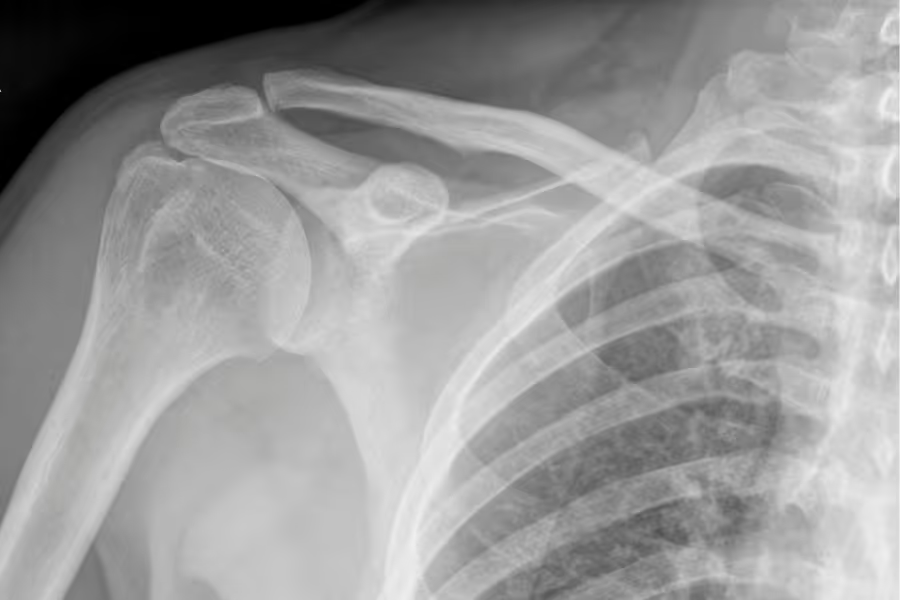
Browse vetted rotator cuff surgeons across Canada. Compare prices, qualifications, locations.
BROWSE SURGEONS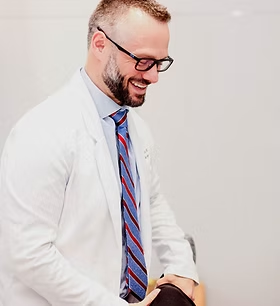

FRCSC-certified orthopedic surgeon with sub-specialty interest in complex knee-related conditions, as well as 14 years of practice experience managing most general orthopedic problems.
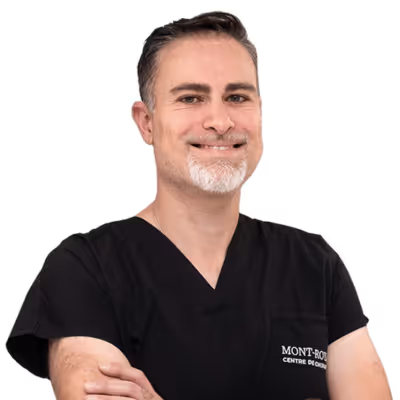

Experienced orthopedic surgeon known for a patient-centred approach and technical versatility, ranging from soft tissue repair (sports medicine) to total joint replacements (knee, shoulder, hip).